With the 2024 presidential election a mere 14 months away, both Democrat and Republican candidates continue to play to their respective bases. That isn't abnormal, of course, and hardly a new development. What is a new development is the steadily increasing percentage of voters who identify as independent.
According to Gallup, Americans’ party preferences were evenly divided in the 2022 midterm elections, with 45 percent of adults identifying as Republicans or Republican-leaning independents, while 44 percent said they were Democrats or Democrat-leaning independents.
That is significant. However, perhaps even more significant is that 41 percent of voters identify as independents, while just 28 percent identify as Republicans, and 28 percent identify as Democrats.
Here's more:
Voters between the ages of 18 and 44 made up 42% of the entire electorate during the 2016 and 2020 presidential elections, comprising a larger voting population than those older than 65 years, according to polling conducted by the FreedomWorks-Bullfinch Group.
A majority of that demographic identifies themselves as political centrists, expressing high favorability for candidates who are either unaffiliated with either major party or can efficiently work with both sides of the aisle.
Bullfinch CEO Brett Loyd summed up the poll's findings:
In every toss-up state, ‘Independent/Other’ voter registration is up compared to 2020. And that is what this election is going to come down to: Which party can win over the middle in the battleground states?
Given the unexpected results of the 2022 midterms, Loyd's assumption was perfectly logical.
So Why the Continuing Shift?
Gallup analyst Jeff Jones nailed it.
[While] it was never unusual for younger adults to have higher percentages of independents than older adults, what is unusual is that as Gen X and millennials get older, they are staying independent rather than picking a party, as older generations tended to do.
Why so? Again, Jones said:
The disillusionment with the political system, U.S. institutions, and the two parties, which are seen as ineffectual, too political, and too extreme.
While one party's view of "extreme" is the other party's "normal," Jones was right with respect to the American people's frustration with the ineffectiveness and political one-upmanship of both parties.
So here's the question:
Does it stand to reason that the more the two major parties continue on their present paths, the more voters will either look for an alternative third-party candidate or, at the very least, vote for the major-party candidate who least offends them?
With respect to the Gallup poll, the results track with the emergence of interest in a third-party candidate.
Robert F. Kennedy Jr., whose growing disillusionment with how he's treated by both the Democrat Party and its sock-puppet media, could be one option, West Virginia Democrat Sen. Joe Manchin, who continues to flirt with the idea of leaving the party and becoming an independent, could be another option.
Then the question becomes: Can a third-party candidate win a presidential election in 21st-century America's two-party system?
Can a Third-Party Presidential Candidate Win in 2024?
While third-party candidates tend to get the most attention when there’s greater-than-usual dissatisfaction with the major party presidential candidates, America's two-party system remains a major hurdle to a third-party candidate actually winning a presidential election. Among the most formidable factors is the Electoral College.
As noted by the American Enterprise Institute, a relatively conservative public opinion policy think tank, "a third party with an even national appeal but lacking plurality support within any state will be stymied by the Electoral College." In addition, the "fear of vote-wasting" plays a factor.
The fear of vote-wasting is the main psychological burden imposed by the electoral college’s deflation of third–party efforts. As election day approaches, third–party candidates often see their support fade, because voters don’t want to squander their ballot on someone who won’t win.
So this takes us back to the beginning — and the end.
The Bottom Line
A formidable third-party candidate in 2024, rather than winning the election, could be expected at best to be a spoiler in the race for one party and a godsend for the other.
And given the growing size and clout of the independent voter bloc — and the reasons it's growing — it stands to reason that the major-party candidate who least alienates the middle in battleground states has the best chance of becoming the 47th president of the United States.
Sometimes, objective analysis matters. The 2024 presidential election will be one of those times.
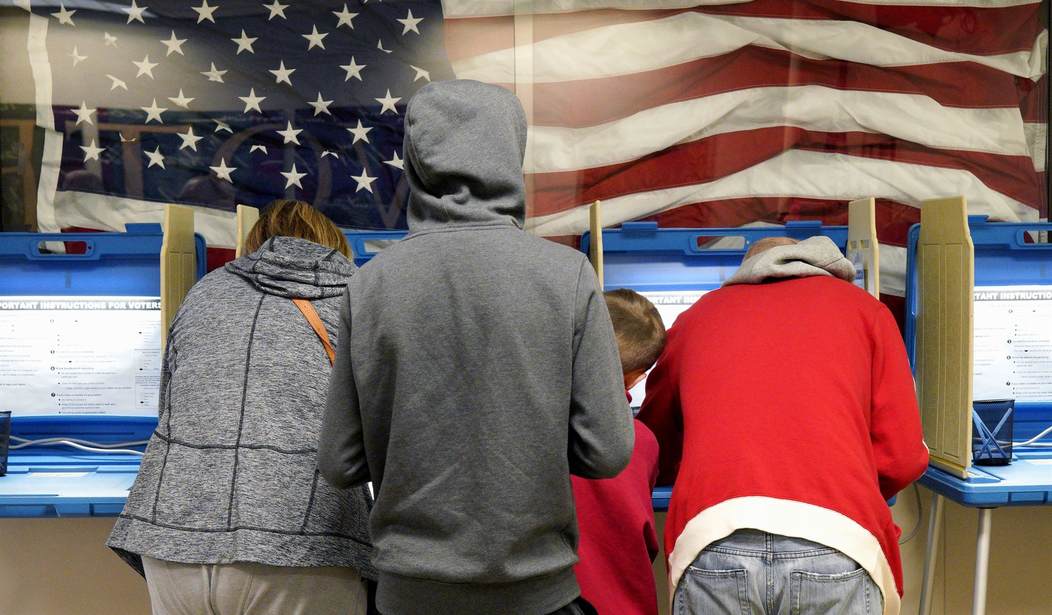


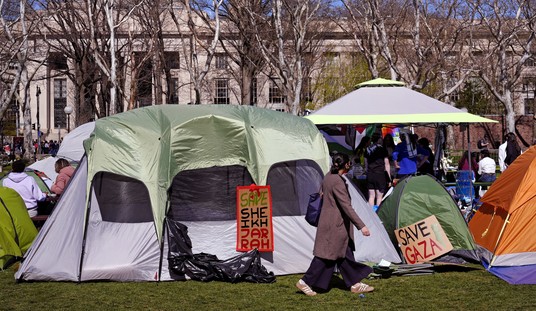

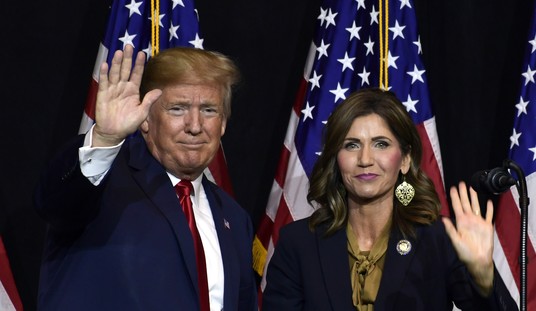



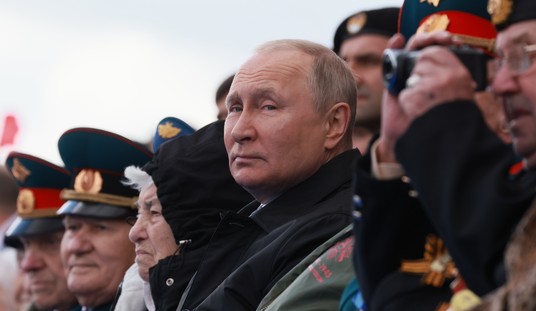

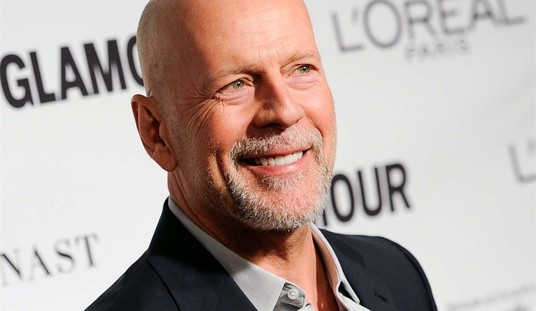
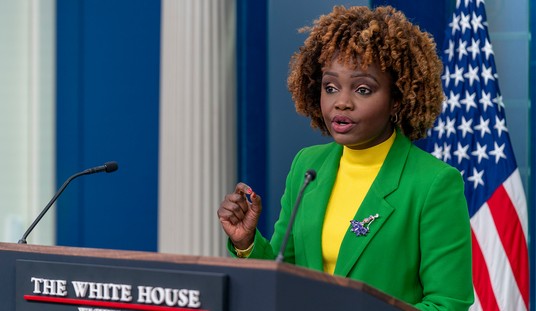


Join the conversation as a VIP Member